What FEMA can and can’t do for victims of Hurricane Helene
- Fact vs. fiction: A look at the false information around Hurricane Helene
- More help: New FEMA centers open for Helene victims across CSRA
- FEMA aid: Local renters can apply for assistance after Hurricane Helene
- Applying for aid: Assistance won’t affect other benefits, agency says
AUGUSTA, Ga. (WRDW/WAGT) - The federal government has provided nearly $2 billion in federal assistance for individuals and communities affected by Hurricane Helene and Milton, the Federal Emergency Management Agency said Monday.
It’s helping local victims through a number of disaster recovery centers, including the newest one, open through Saturday in the library at Aiken Technical College.
Over these past few weeks, many of us have become very familiar with FEMA, but, it can be difficult to know how to proceed since this is the first time so many of us are having to work with this government agency.
We spoke with FEMA representative Nikki Gaskins Campbell, and she says if you have insurance, that will always be the first place you start.
Everything you need to know about applying for FEMA aid
This is the first time people around here have had to deal with FEMA, and it can be confusing. We're on your side with a guide to FEMA.
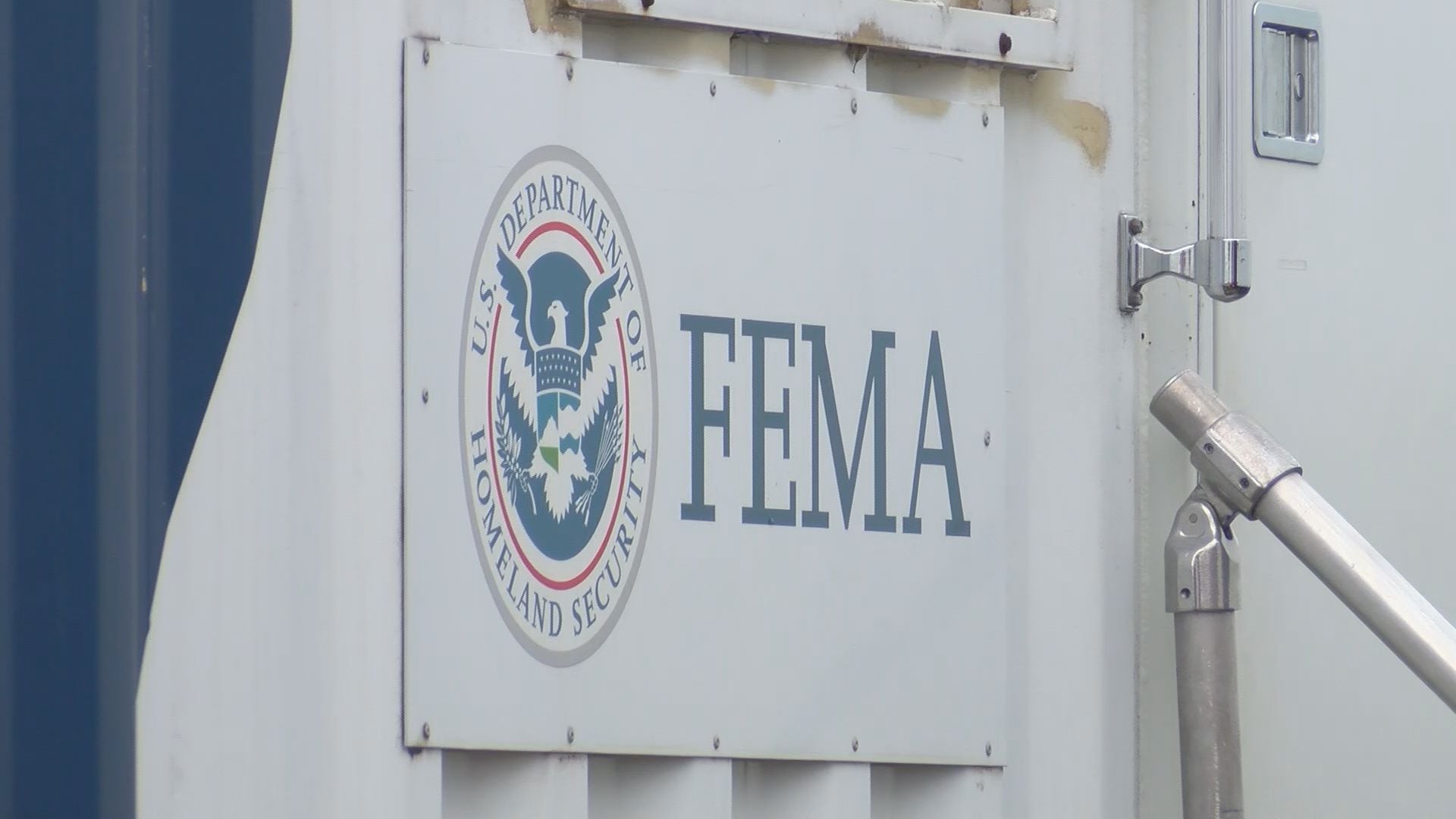
FEMA says if your insurance company already said it would cover damage to your home, FEMA cannot give you additional money for that damage.
She also says FEMA isn’t a substitute for insurance and cannot make you whole, but instead, it is there to help you get back on your feet.
FEMA covers a lot, and the good thing is any money you receive from FEMA does not have to be paid back.
If you are eligible, FEMA can provide serious needs assistance that will help with water, food, first aid, prescriptions, formula, diapers, gas for transportation and personal hygiene items.
It can also provide displacement assistance if you cannot return to your home safely and need a temporary place to stay.
FEMA hurricane aid won’t affect other benefits, agency says
If you were affected by Hurricane Helene, FEMA urges you to apply for disaster assistance without hesitation, as it will not affect other federal benefits you may receive.

If this is the case, make sure you keep your receipts because FEMA can help with home repairs if the damage isn’t covered by something else.
If you’re a renter, FEMA can help with alternative housing if that is something you need. If your car was damaged, FEMA can help with transportation. If you are uninsured, the agency can help with any medical or dental needs caused by Helene.
Another big one is child care. FEMA can help if you have any new or increased childcare expenses caused by the storm. It also helps with funeral expenses or any moving expenses you may have had.
FEMA application denied? Here are the most common reasons
As communities clean up damage in the aftermath of Hurricane Helene, officials are explaining why some residents may be told they are ineligible for disaster assistance.
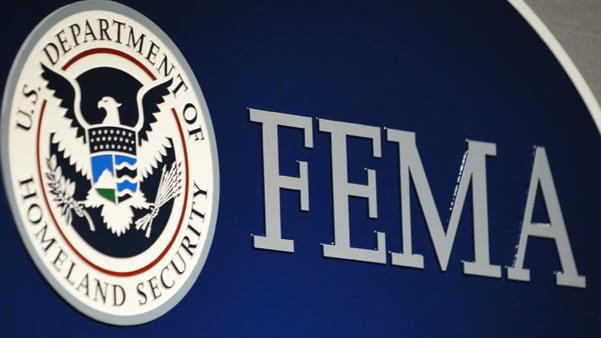
“We are here at these disaster recovery centers to walk them step by step through the process,” said Campbell. “We found that a lot of people prefer that versus calling us or going online directly because they have a face-to-face actual human being who can guide them through that process.”
If you are denied and want to appeal, you must do that within 60 days of receiving your determination letter.
PHOTO GALLERY | NEW AIKEN ASSISTANCE CENTER:
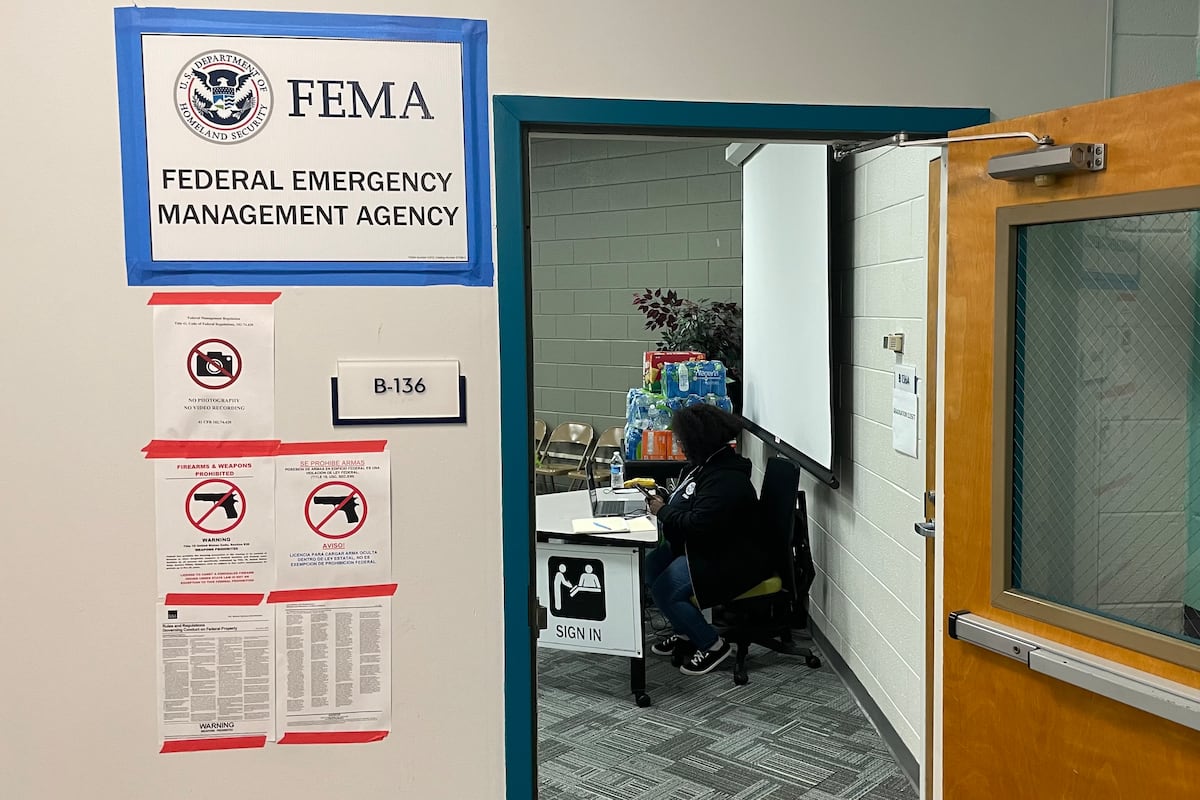
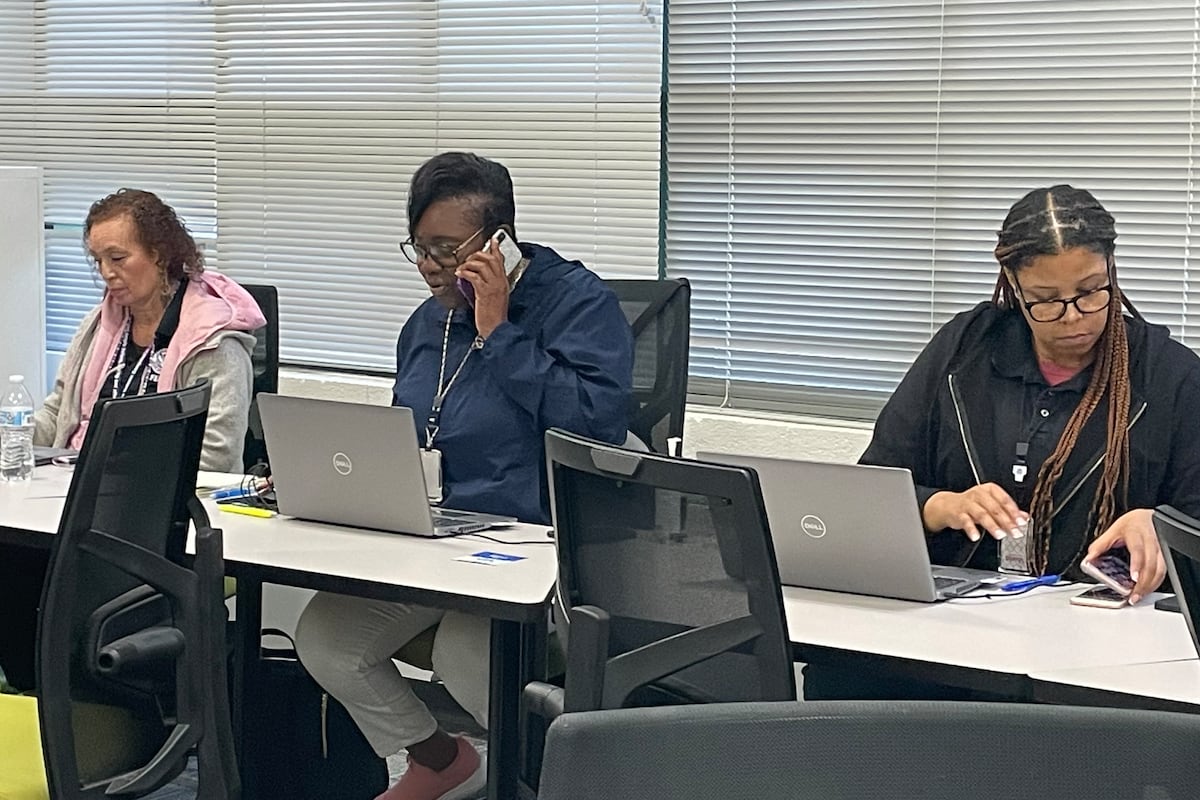
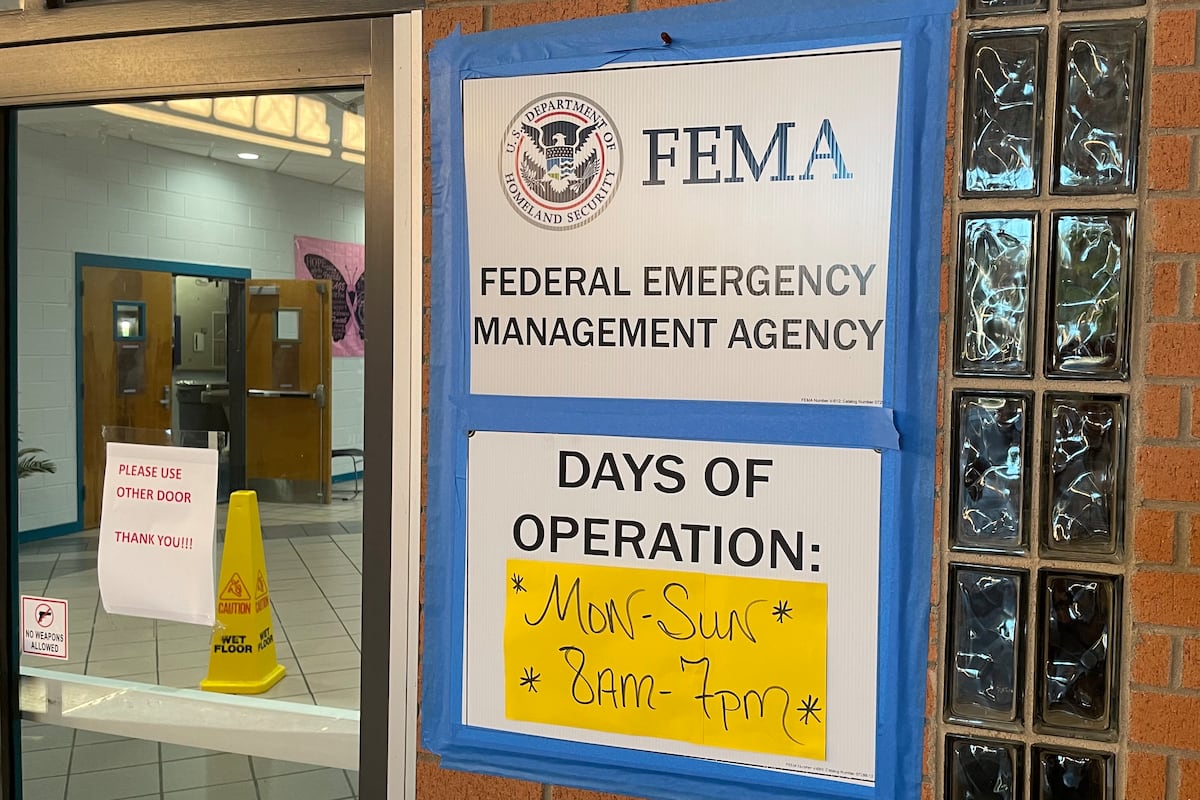

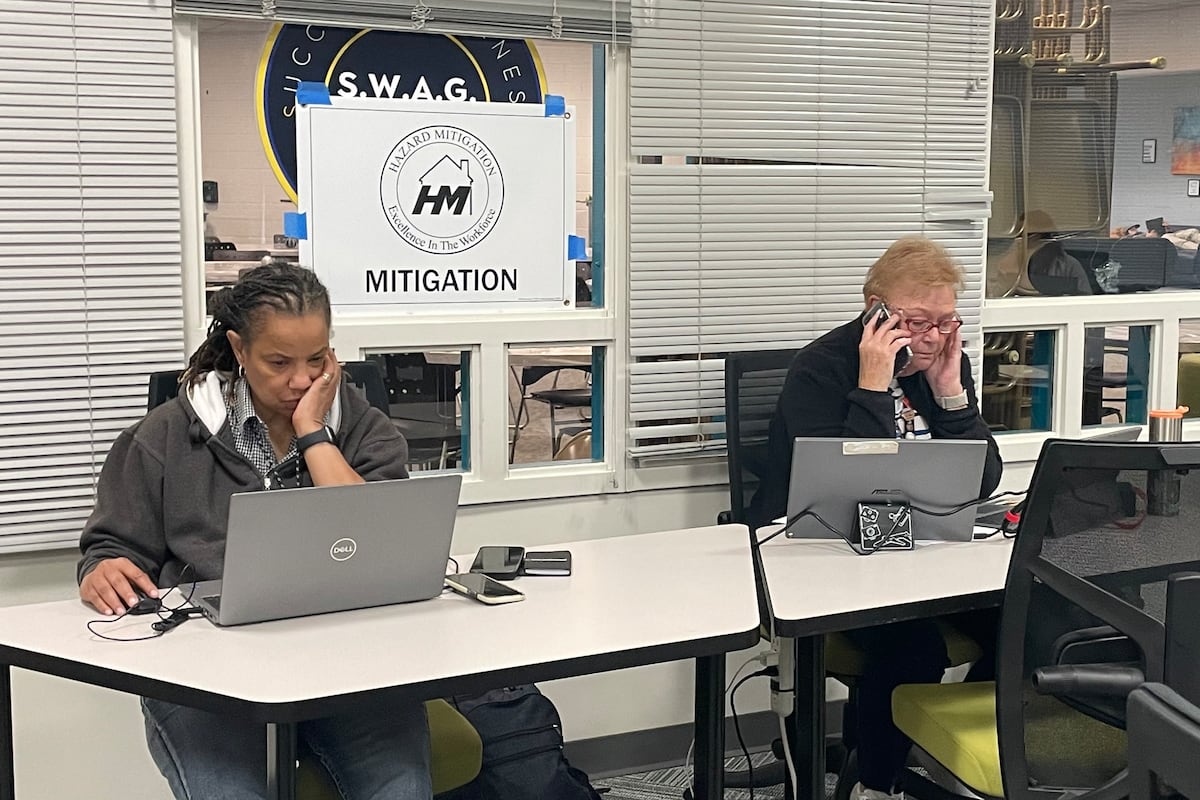
By the numbers
In response to Helene, FEMA has approved over $1.2 billion in assistance for communities. This includes $746 million in assistance for individuals and families, along with more than $524 million for debris removal and efforts to protect public health and safety.
As ongoing response efforts continue in western North Carolina, FEMA has approved over $130 million in housing and other types of assistance for more than 89,500 households.
FEMA has spent approximately $4.3 billion on Hurricane Helene response and recovery. This number not only includes direct assistance to survivors and communities, but also encomes broader response and recovery efforts such as mission assignments for Urban Search and Rescue and Army Corps of Engineers for debris removal, as well as disaster recovery center setup and maintenance.
QUESTIONS AND ANSWERS:
Currently, FEMA has deployed more than 4,900 personnel to the affected areas, contributing to a total of over 7,035 federal responders who are working together to state and local governments in their recovery efforts.
FEMA personnel on the ground are actively coordinating with local officials, conducting damage assessments, and helping individuals apply for disaster assistance programs.
I-TEAM: Some say FEMA aid isn’t coming fast enough
More than two weeks after Hurricane Helene, some people are still waiting for FEMA to approve their applications.

To response and recovery efforts, FEMA delivered more than 12.6 million meals and 13.2 million liters of water to states impacted by Helene.
More than 8,400 families, affected by Helene have checked into FEMA-provided hotels.
Shelter numbers remain steady, with 11 shelters housing just over 470 occupants.
for Georgia
FEMA has approved over $131 million in housing and other types of assistance for more than 125,000 households.
There are 185 Disaster Survivor Assistance in communities providing . There are also six Disaster Recovery Centers now open in Augusta, Douglas, Lyons, Midway, Sandersville and Valdosta where survivors can speak to state and federal personnel to help with their recovery. Survivors may find their closest center by visiting https://egateway.fema.gov/ESF6/DRCLocator.
Renters in CSRA can apply for FEMA aid after Hurricane Helene
FEMA assistance is available to renters, including students, with uninsured losses from Hurricane Helene in several local counties.
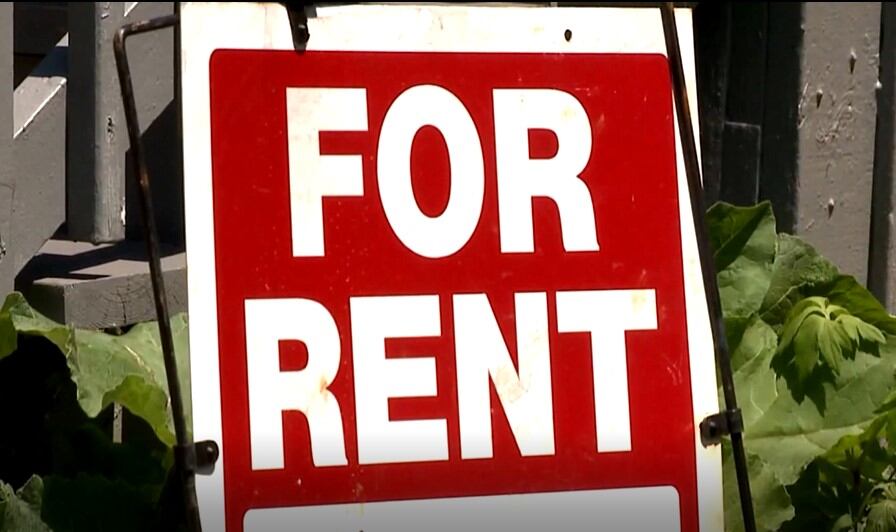
for South Carolina
FEMA has approved over $146 million in housing and other types of assistance for more than 151,000 households.
There are 99 Disaster Survivor Assistance in communities providing . There are also four Disaster Recovery Centers now open in Anderson, Easley, Greenville and North Augusta where survivors can speak to state and federal personnel to help with their recovery. Survivors may find their closest center by visiting https://egateway.fema.gov/ESF6/DRCLocator.
Residents with questions on Helene can call the state’s toll-free hotline, open 24 hours a day, at 1-866-246-0133. Residents who are dependent on medical equipment at home and who are without power due to Helene may be eligible for a medical needs shelter. Call the state’s Department of Public Health Care Line at 1-855-472-3432 for more information.
Copyright 2024 WRDW/WAGT. All rights reserved.















